Permissive Parenting Style Definition Some Of These Parenting Styles Can Have Negative Repercussions;
Permissive Parenting Style Definition. Permissive Parents Are Not Demanding.
SELAMAT MEMBACA!
Permissive parenting is a type of parenting style characterized by low demands with high responsiveness.

These parents do not expect mature behavior from their children and often seem more like a friend than a parental figure.
Permissive parenting this style of parenting has very few rules and expectations of children.
Most times, the parents are loving and express caring about their children, but they don't see their.
/2794957-what-is-permissive-parenting-5b2c035943a103003654116b.png)
It defines permissive parents as parents with high responsiveness but low demands on the child.
It is also known as indulgent parenting.
Permissive parents are sensitive to their children's emotional needs and impose very few rules or guidelines on their children.
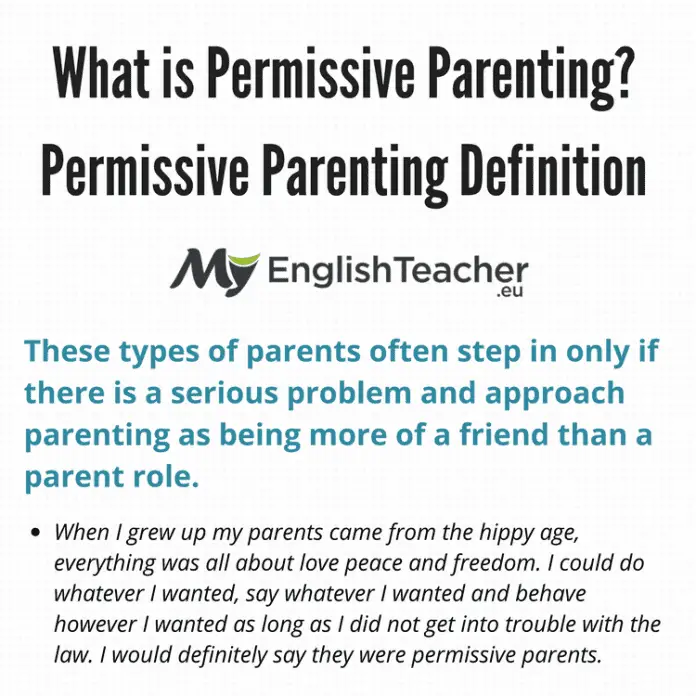
Kids do not have many responsibilities and are allowed to regulate their behavior and the majority of their choices.
When a parent is permissive, they look at their child as equal rather than children of a parent.
Permissive parenting (also known as indulgent parenting) is a parenting style that is characterized by having few and inconsistent rules and a relaxed attitude to parenting that is more like a friend than a parent.
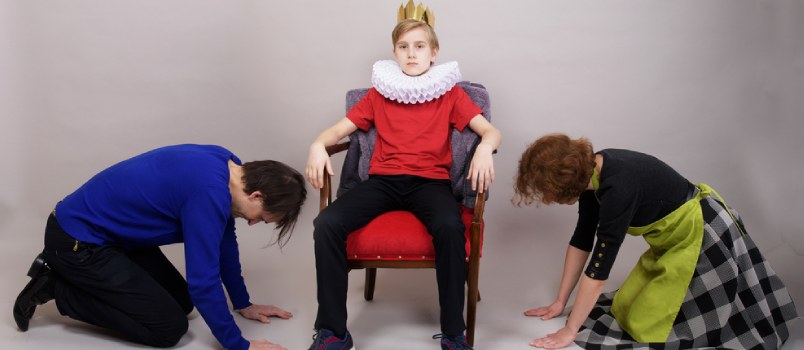
Permissive parenting, also known as indulgent parenting, is a parenting style characterized by high responsiveness and low demandingness.
Permissive parents are very responsive to the child's emotional needs.
But they don't set limits or are very inconsistent in enforcing boundaries.

Permissive in this parenting style, parents are warm, but lax.
They fail to set firm limits, to monitor children's activities closely or to require appropriately mature behavior of their children.
Congruent authoritative (i.e., an authoritative parenting style by both parents), congruent authoritarian (i.e., an authoritarian parenting style by both.

And each parenting style might be appropriate in specific cases.
Yet, of all the parenting styles, authoritative parents seem to get the best results.
In most instances, authoritative parenting is the most effective of all the types of parenting styles.
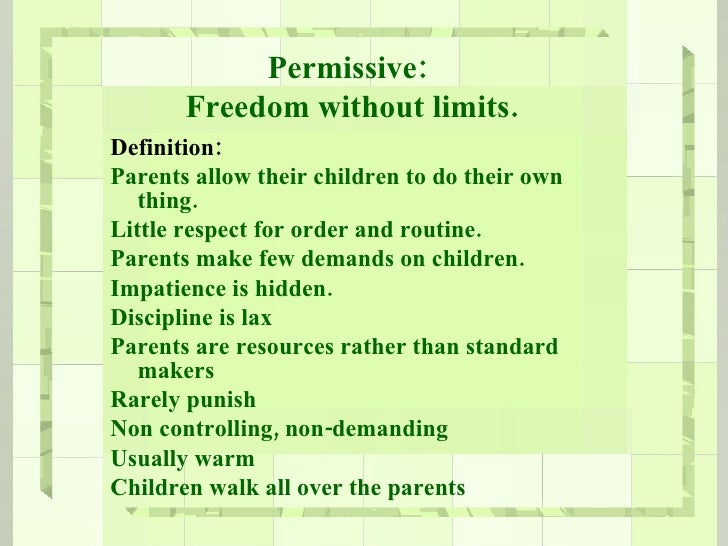
Permissive parenting (also known as indulgent parenting style) and neglectful parenting (also known as uninvolved parenting style).
These four parenting styles are sometimes called the baumrind parenting styles or maccoby and martin parenting styles.
Some of these parenting styles can have negative repercussions;
I have chosen to break them down to three basic parenting styles:
The first style of parenting is authoritative.
Of the permissive parenting diana baumrind's definition of the permissive parenting style is derived from her 1960s child care study of behavioral interactions between parents and their children.

While permissive parents are often very responsive and loving, this parenting style is defined by having no rules.
The term was developed by psychologist diana baumrind, who studied preschoolers.
Parenting styles and their relation with obesity in children ages 2 to 8 years.
/1095045-article-types-of-parenting-styles-5a7cb6aaa18d9e00362ef5eb.png)
Perception of parenting styles and academic achievement:
The mediating role of goal orientations.
Being nurturing and warm (which is good for kids), and being reluctant to impose limits (which is problematic).

Permissive parenting style this is the parent who provides very little guidelines and structure and is uninvolved because they are scared they're going to hurt their child.
The child tends to believe that the parent believes in them to handle things, and this can be a good feeling for a child.
Other research shows that permissive parenting may lead to obesity and cavities in children.

Permissive parents are warm and responsive, and that's a good thing.
Studies show that affectionate, responsive parenting fosters secure attachment relationships.
It promotes psychological development, and protects children from toxic stress.

This means that children are given few demands, but are given plenty of opportunities for expression and offering input.
With permissive parenting the relationship dynamic between the parent and the child is the most like a friendship compared to all of the other parenting styles.
These are the types of parents that are very lenient and let their children express themselves the most.

Permissive parenting in this style of parenting, parents are lenient, and they only step in when there is a severe issue.
They are quite forgiving and might give privileges if a child begs for something.
They often only step in when there's a serious problem.

Permissive or indulgent parents are more responsive than demanding.
This style of parenting was popular in the 1950s and 1960s, but continues today.
This style was a reaction to the fears of whole nations following wwii.
Permissive parenting styles represent one of four types of parenting that psychologists recognize.
Understanding what the permissive parenting definition is, learning your parenting style and making adjustments can help you make better parenting choices as you relate to your children.
Authoritarian parenting is a parenting style characterized by high demands and low responsiveness.

Mistakes tend to be punished harshly.
When feedback does occur, it is often negative.
Indulgent parenting, also known as permissive parenting, is one of the four parenting styles defined by psychologists.
Also, read on the website what is permissive parenting?
Permissive parenting was only significantly associated with an increased risk of externalizing problems, and indifferent parenting had a consistently negative impact on all outcomes.
Fakta Salah Kafein KopiMulai Sekarang, Minum Kopi Tanpa Gula!!3 X Seminggu Makan Ikan, Penyakit Kronis MinggatPentingnya Makan Setelah OlahragaAwas!! Ini Bahaya Pewarna Kimia Pada MakananCara Benar Memasak SayuranSehat Sekejap Dengan Es BatuIni Manfaat Seledri Bagi KesehatanTernyata Madu Atasi InsomniaManfaat Kunyah Makanan 33 KaliPermissive parenting was only significantly associated with an increased risk of externalizing problems, and indifferent parenting had a consistently negative impact on all outcomes. Permissive Parenting Style Definition. Encyclopedia of infant and early childhood development (second edition), 2020.
Parents who exhibit an uninvolved parenting style were often themselves raised by uninvolved and dismissive parents.

Other parents who display this style may simply be so caught up in their busy lives that they.
Uninvolved parenting, also known as neglectful parenting, is a parenting style characterized by low in the 1960s, diana baumrind, a developmental psychologist at the university of california at neglectful parenting is a harmful parenting style.
Uninvolved parents are uncaring parents who.

While most parents look after the basic needs such as food and shelter for their children, some others neglect their children's basic needs completely.
According to psychologist diana baumrind, a neglectful or uninvolved parenting style involves a.
When considering the definition of each parenting style, it's helpful to examine them under a lens of baumrind's tbh, this is a parenting style that you hopefully don't run across too often in your social circle.

A parenting style is a psychological construct representing standard strategies that parents use in their child rearing.
The quality of parenting can be more essential than the quantity of time spent with.
The uninvolved parenting style (often referred to as neglectful parenting) as the name implies, the parent is totally disengaged and emotionally uninvolved in their child's life.
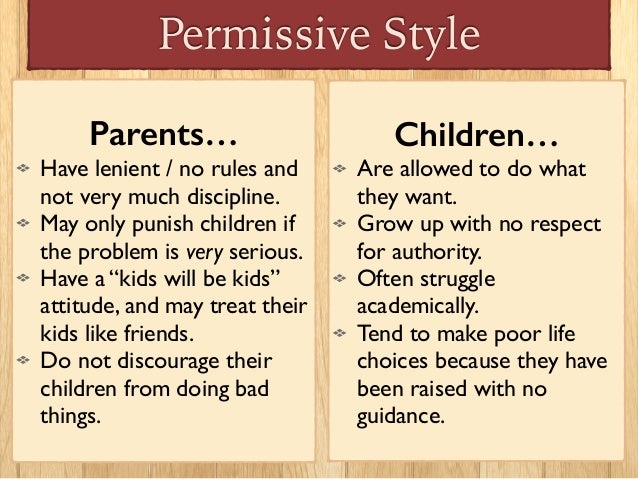
Developmental psychologist diana baumrind in her studies based.
As the name suggests, uninvolved or neglectful parenting is a style of parenting in which parents may have minimal or no involvement in their kid's overall needs.
Discover how parenting styles uninvolved or neglectful parenting is characterized by both low expectations and low responsiveness.

Discover which style leads to the best outcomes for kids.
If those statements sound familiar, you might be an uninvolved parent.
Uninvolved parents tend to have little knowledge of what their children are doing.
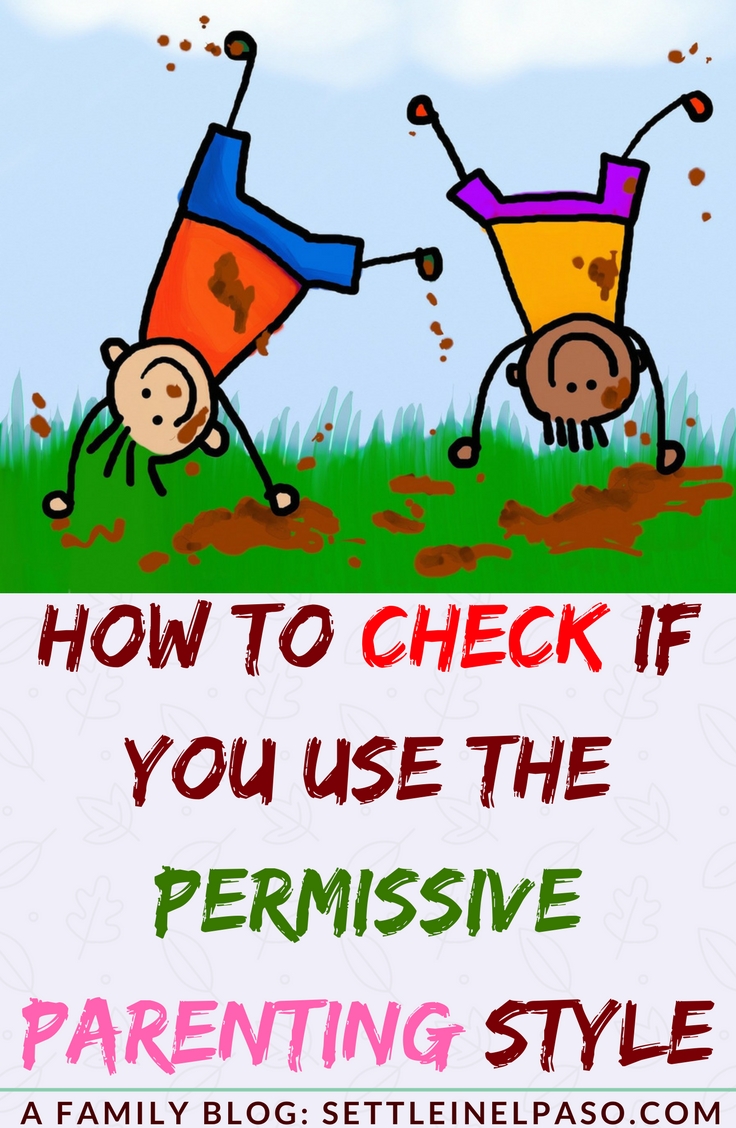
What's worse is that the negative consequences of this parenting style do not end with childhood, but can extend into the adult years.
In the uninvolved parenting style, parents seem to not respond to the.
Uninvolved or neglectful parenting style has minimal or no involvement in children's overall requirements.
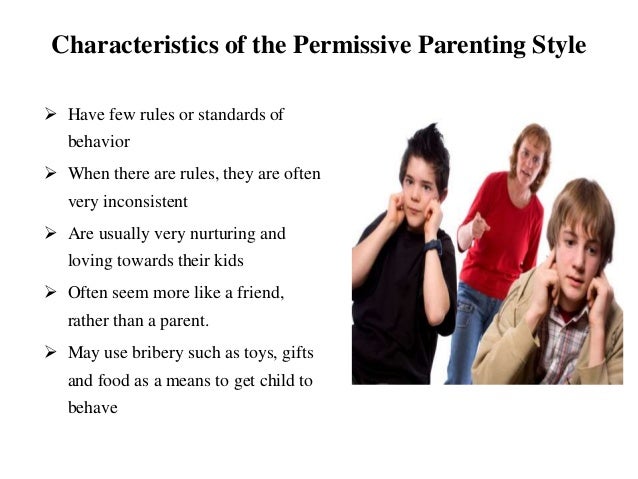
Parenting styles can be a touchy topic, but every parent needs to decide what's important to them and find the source:
Brookings diana baumrind, an american clinical and developmental psychologist, is largely 3.
Low levels of warmth, low levels of control did you know?

This may be the type of parenting shown by a classic workaholic.
Unlike the uninvolved parenting, these parents are overwhelmingly more supportive and show up for the important events.
Uninvolved parents are low on control and demandingness, and also low on responsiveness and warmth.

Psychologist diana baumrind gets credit for identifying four primary parenting styles.
Many parents who use this style of parenting do so because they grew up in adverse environments themselves.
They do not express love or support because they didn't receive.
Ensuring children's health and safety the uninvolved parent combines low levels of warmth and low levels of control, and does not utilize any particular discipline style (baumrind, 1991).
Relating parenting styles and children's temperament.
Definition of terms the following terms are defined for the purpose of this study.
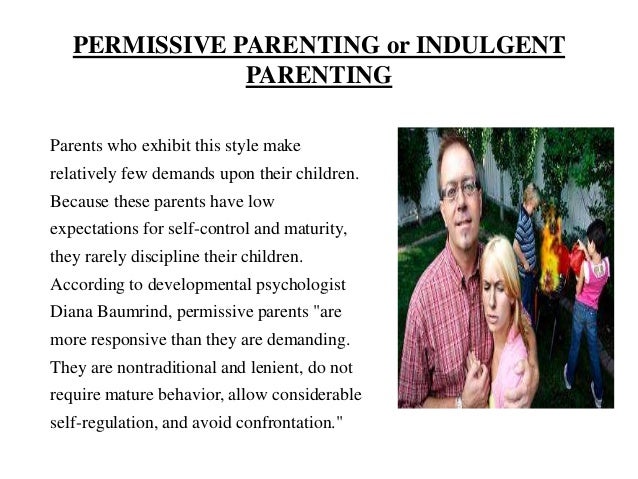
This style was known as «uninvolved» or «neglectful» parenting.
Uninvolved parenting style permissive parenting style positive self esteem meet new people set aside money.
Learn 16 parenting styles including authoritative, authoritarian, permissive, uninvolved, and analysis of parent's characteristics and their effects it can be defined as a psychological plan, comprises of different levels of strategies that parents use in raising children. parenting style is one of the most.

Authoritative parenting, authoritarian parenting, permissive parenting and uninvolved parenting.
Three examples of unfortunate parenting approaches with detrimental.
Uninvolved parents aren't able to meet their kids' emotional or physical needs.
Uninvolved parenting can take a lot of different forms — but most of us would know it when we.
Parenting style is a psychological concept that refers to a set of parental attitudes towards our child which influences them mentally, emotionally, physically and even spiritually as they grow parenting styles in psychology are a manifestation of parental behavior.
Neglectful parenting , also known as uninvolved parenting, is a parenting style that believes children can raise themselves without much guidance on behalf of the parent.

Parenting is a complex activity that includes many specific * uninvolved parents are low in both responsiveness and demandingness.
In extreme cases, this foremost among these are issues of definition, developmental change in the manifestation and.
Rejecting/neglecting parents uninvolved parents are described as cold and uninterested in their family interaction, parenting style, and the development of planning:

Diana baumrind's parenting styles theory.
If you've googled parenting styles psychology, you know there is an information overload on this subject.
If you've googled parenting styles psychology, you know there is an information overload on this subject. Permissive Parenting Style Definition. Children of parents who use the uninvolved parenting style also tend to have higher instances of.Bakwan Jamur Tiram Gurih Dan NikmatPete, Obat Alternatif Diabetes7 Makanan Pembangkit LibidoResep Beef Teriyaki Ala CeritaKuliner3 Cara Pengawetan Cabai5 Trik Matangkan ManggaResep Ayam Suwir Pedas Ala CeritaKulinerResep Cumi Goreng Tepung MantulResep Kreasi Potato Wedges Anti GagalSegarnya Carica, Buah Dataran Tinggi Penuh Khasiat
Comments
Post a Comment